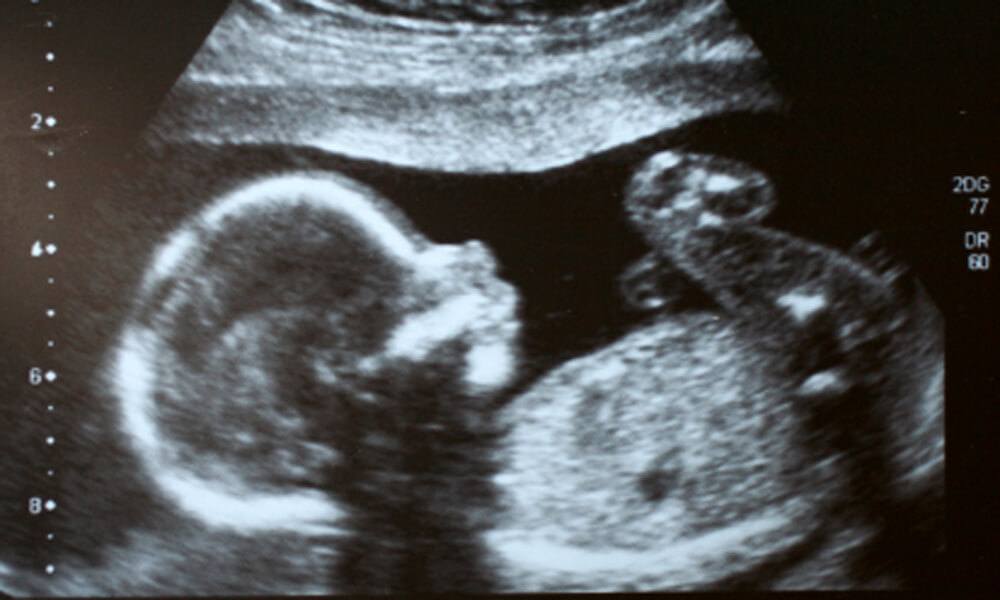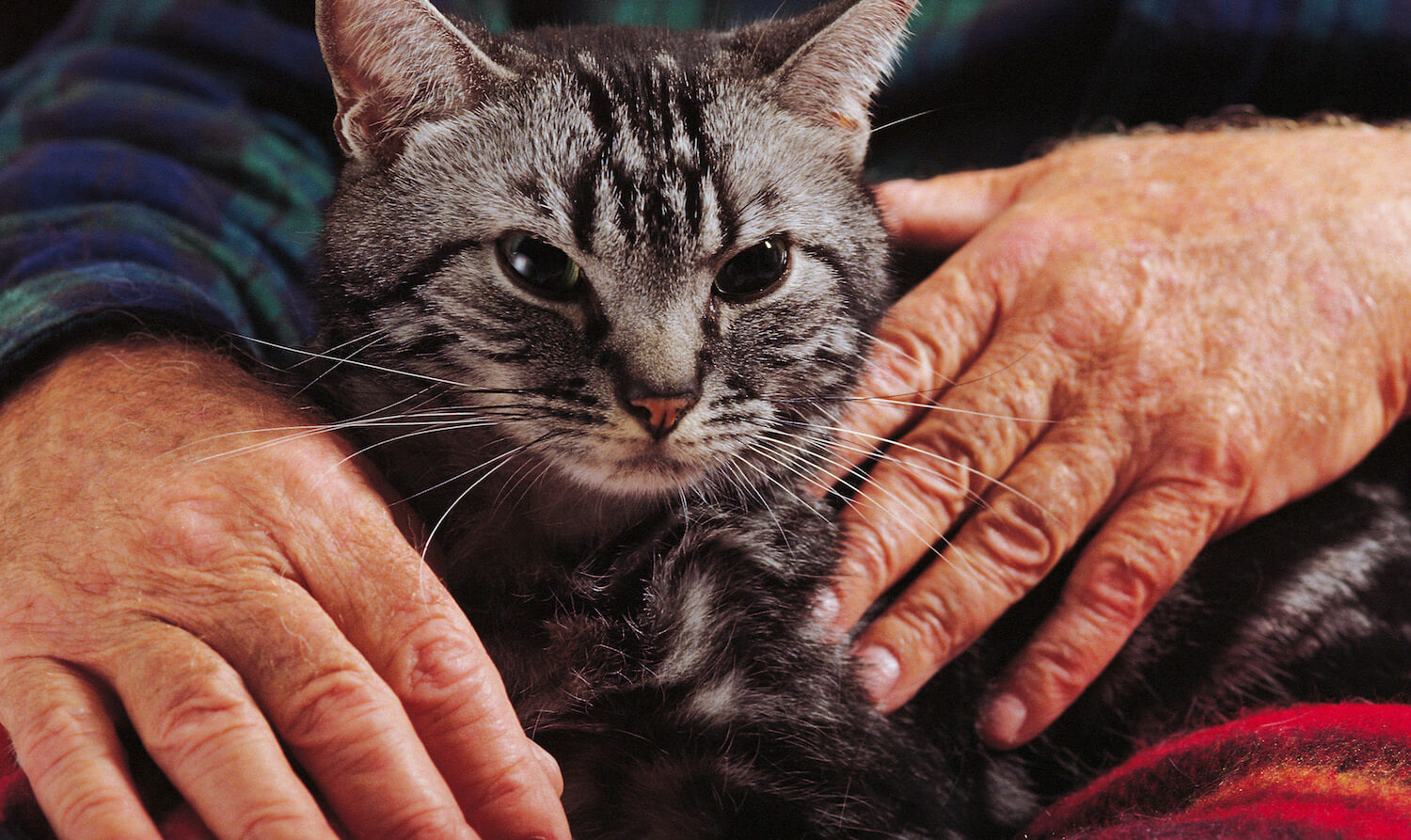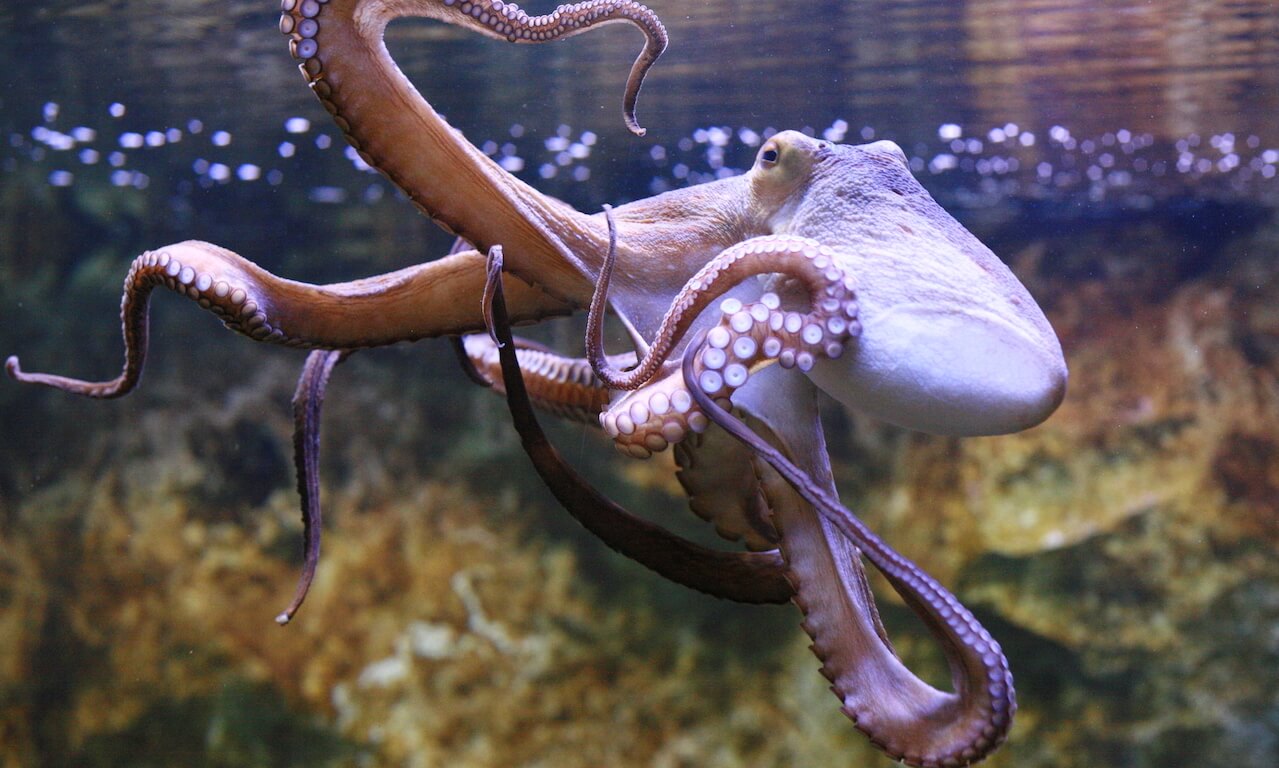Climate Change Is A Public Health Emergency, Doctor Says. Here’s How To Respond
Source: WBUR
You may not think of climate change as an issue of public health. However, the doctors featured in this article view it as part of their responsibility to help to address the threats to human life and health posed by climate change, such as the devastation caused by increasingly severe wildfires.












